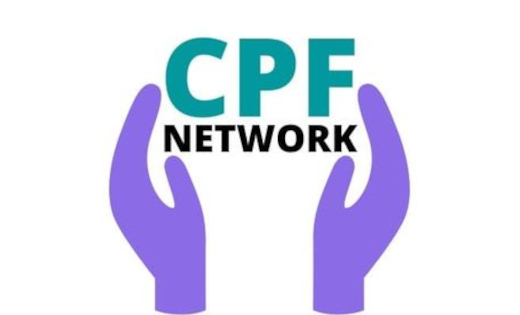Advancing disability equality
University-wide collaborations have generated a major new commitment to further progress disability equality at Leeds.
The campus sculpture ‘Sign for Art’ is inspired by British Sign Language

The Equality and Inclusion Unit (EIU) – working in partnership with the Equality and Inclusion (E&I) Delivery Group – has agreed a Disability Equality Framework. This will steer the University’s approach to progressing disability equality at Leeds for the next four years.
Working collaboratively
The EIU has consulted widely with key stakeholders to ensure the framework reflects the values, expertise and lived experience of staff and students across the University.
The framework will support the delivery of the University’s Strategy by embedding the value of inclusiveness to create a welcoming, supportive culture and enhancing a sense of belonging for our entire community.
The framework is the result of a collaborative process, which has benefited specifically from the specialist expertise of the University’s Centre for Disability Studies – an international leader in the field of disability research for many decades.
Disability equality
Our approach to disability equality is rooted in the social model – that disability is a form of institutional discrimination and social exclusion, rather than a product of physical difference between individuals.
We’re committed to providing the support, adjustments and cultural change necessary for creating an environment where all disabled students and staff feel safe, welcome, valued and included at Leeds.
Shelagh Prosser, Interim Head of Equality, Diversity and Inclusion, said: “We call on the whole University community to take responsibility for progressing disability equality by adopting a pro-active and anticipatory approach to supporting disabled students and staff.”
Clare Coleman and Lucy Prodgers, co-convenors for the Chronic Pain and Fatigue Staff Network, added: “We hope that every line manager, every staff member and every student will come together to create a positive environment, where those who are differently-abled, instead of being seen in terms of deficit, can expect to successfully work or study within our communities.
“Diverse teams are agile teams, able to draw on the experience and insights of all staff and students, including those with ‘hidden’ conditions, to build a culture of openness and mutual support to benefit everyone.”

The Chronic Pain and Fatigue Staff Network hopes the new Equality and Inclusion Framework will build a culture of openness and mutual support to benefit everyone
The way forward
The Disability Equality Framework is structured around the same key themes as our Equality and Inclusion Framework 2020-25: culture, students, staff, research and infrastructure.
Broad commitments will support the University to:
- change institutional culture and behaviours
- develop staff and the working environment
- support disabled students and inclusive education
- develop an inclusive research culture; and
- provide an accessible physical and digital infrastructure.
The framework identifies some initial priority areas for action, and a Disability Equality Task and Finish Group has been established to plan actions against these areas, including:
- reviewing the workplace adjustments process to identify areas for improvement
- ensuring mental health support services are available to meet the needs of staff and students; and
- improving the physical and digital access to University buildings and services.
The group’s work will be informed by best practice within the University (such as the Disability Services department in student education), from across the higher education sector and through external expertise from organisations like the Business Disability Forum.
Progress updates will be provided to the E&I Delivery Group and the Equality and Inclusion Board on a regular basis.
Posted in: University news